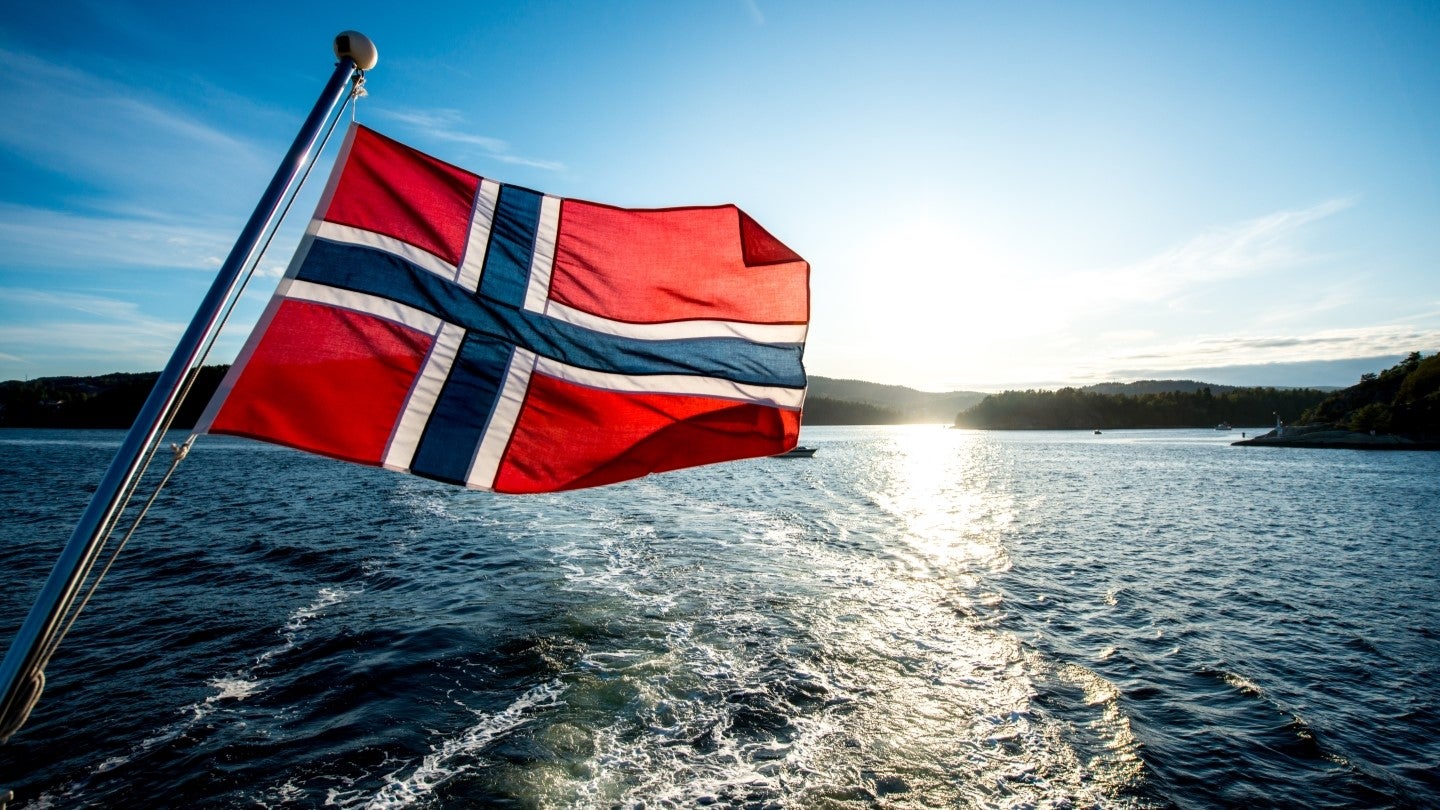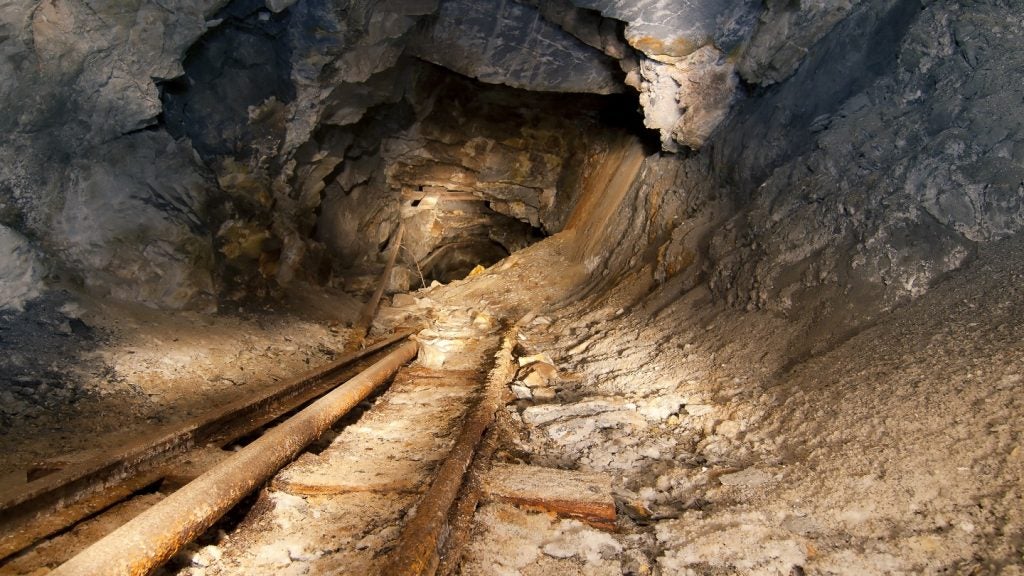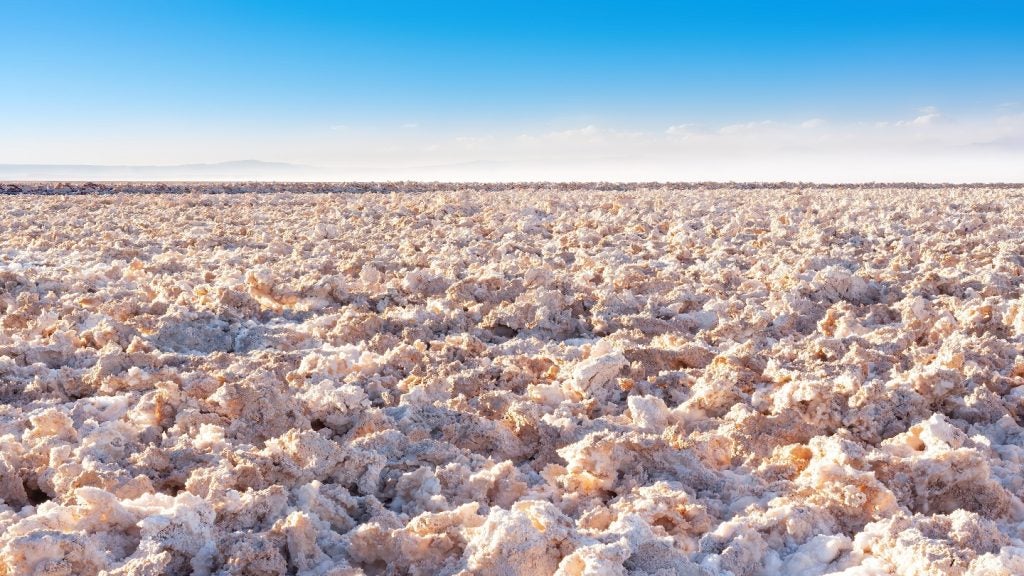
The Norwegian parliament has voted in favour of commercial plans to open the Arctic Ocean to seabed mineral exploration, Mining.com has reported.
The decision has stirred controversy as it can put biodiversity of ecosystems at risk.
With 80 votes in favour and 20 against, the vote makes Norway the first country in history to engage in commercial deep-sea mining.
The approved plan allows exploration of an area covering around 280,000km², mostly in the Arctic region.
The area for exploration, which is larger than the UK, is situated between Norway and Greenland.
This region is claimed to be rich in sulphide and manganese crusts, potentially holding up to 45 million tonnes (mt) of zinc and around 3mt of cobalt, as per a paper released by the government last June.
The move is part of Norway’s strategy to diversify its economy beyond oil and gas and secure critical minerals while creating jobs opportunities.
It has also put the country at odds with the EU and the UK, which favour a temporary ban on deep-sea mining.
Since 2017, the Norwegian Government has conducted extensive research after collaborating with universities to map out the seabed and assess mineral deposits.
However, environmental groups like Greenpeace and the WWF have condemned the decision, citing the irreversible damage to Arctic biodiversity and Norway’s reputation as a responsible ocean steward.
Greenpeace Norway head Frode Pleym said: “It is embarrassing to watch Norway positioning itself as an ocean leader while giving the green light to ocean destruction in Arctic waters.
“But this doesn’t end here. The wave of protests against deep-sea mining has only begun.”
While proponents argue that seabed mining could aid the transition to a low-carbon economy, scientists and environmentalists remain concerned about the unknown impacts on deep-sea ecosystems.







